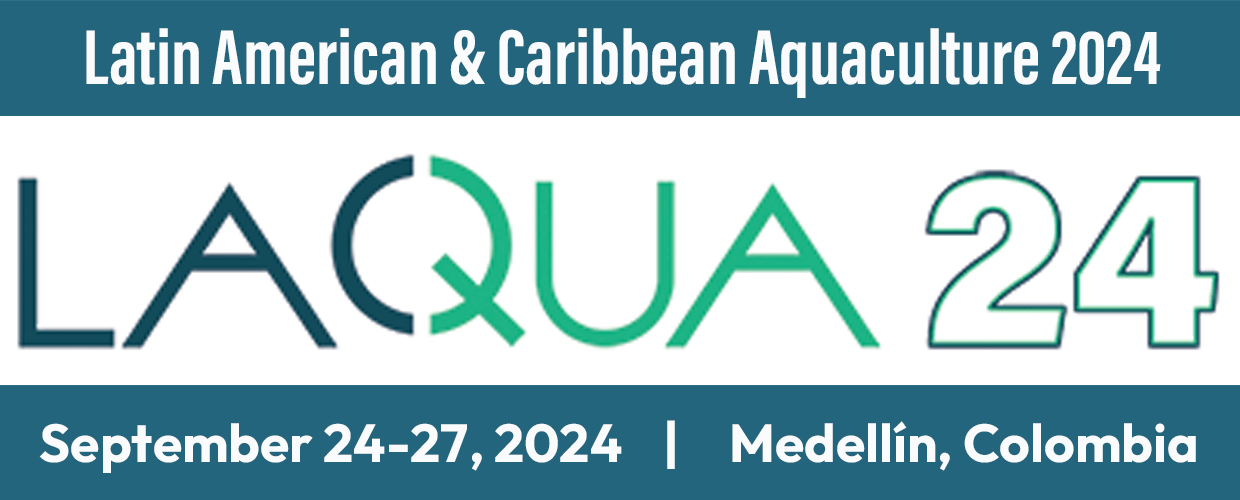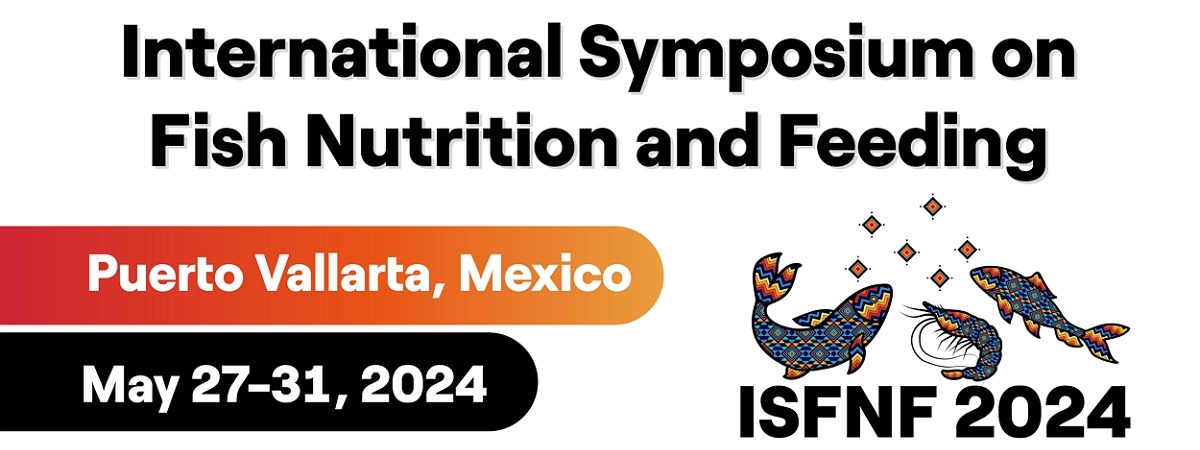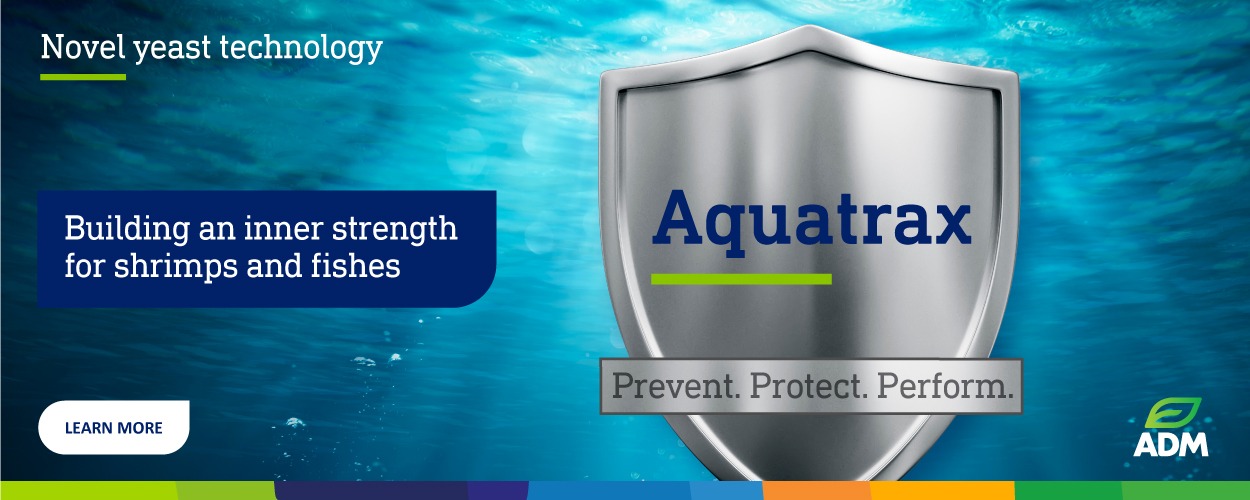Visitas: 97
Representatives Steven Palazzo (R-MS) and Ed Case (D-HI) introduced legislation in the U.S. House of Representatives to support the development of an offshore aquaculture industry in the American country. The bipartisan bill, the Advancing the Quality and Understanding of American Aquaculture (AQUAA) Act, which was introduced in the U.S. Senate in October of the last year, would increase production of sustainable seafood through the raising of fish in federal waters, creating a robust industry in America including new jobs.
“At a time when supply chain challenges and a global pandemic are slowing the delivery of seafood to America’s storefronts and kitchens, the expansion of American aquaculture is an opportunity to try to solve these problems,” said Sarah Brenholt, campaign manager of Stronger America Through Seafood (SATS).
“Federal lawmakers have an opportunity to help increase U.S. production of healthful, sustainable, and affordable seafood while also addressing the food security needs of all Americans. As the global population grows, the U.S. must lead the charge in aquaculture development using scientific best practices for the most environmentally sound manner of food production,” she added.
Clarifying a regulatory system for the farming in the EEZ
The bipartisan AQUAA Act would establish National Standards for offshore aquaculture and clarify a regulatory system for the farming of fish in the U.S. exclusive economic zone (EEZ). The bill would also establish a research and technology grant program to fund innovative research and extension services focused on improving and advancing sustainable domestic aquaculture.
“Coastal states and communities, like South Mississippi, enjoy a benefit of knowing where their seafood comes from when they order at a local restaurant. Many other states throughout our nation aren’t so lucky. To meet demand, restaurants and grocery stores rely on seafood imports which amount to 90% of seafood that is consumed in the U.S.”, opined Congressman Palazzo.
“The AQUAA Act provides a pathway to decrease that percentage and sustainably meet this demand. “Is for that that I am proud to introduce the AQUAA Act in the 117th Congress to support job creation along coastal areas, create a new market for agriculture products, and expand seafood processing—measures that can impact every part of the United States,” Pallazo added.“
In that way, congressman Case assured that “for decades we have pursued the promise of open ocean aquaculture as part of our larger goal of sustainable management of our marine resources. States like Hawai’i have led the way in developing sustainable and safe aquaculture in state waters, but development in federal waters throughout our Exclusive Economic Zone has been hampered by a confusing and often contradicting regulatory scheme that does not sufficiently protect our marine environment.”
“Our bipartisan, bicameral AQUAA Act would provide a consistent efficient regulatory umbrella to help fully unlock the potential of open ocean aquaculture in a sustainable, environmentally sensitive and science-based way and grow economies for coastal states and food security for the nation”, Case explained.
He expressed his gratitude to Congressman Palazzo (MS), along with our counterparts in the Senate, Senators Schatz (HI), Rubio (FL) and Wicker (MS) “for partnering with me and look forward to working with them and many others toward expanding sustainable aquaculture.”
90% of seafood consumed in the U.S. is imported
Expanding America’s aquaculture production into federal waters is a timely action that can be taken by Congress and it intend to remedy the U.S. relying on seafood imports. 90% of seafood that is consumed in the U.S. is imported from other countries.
Aquaculture would create a new set of jobs in in coastal communities. It would also create opportunities in other industries, such as agriculture, by providing a new market for U.S. farmers of crops such as soybeans, corn, and peas, which can be used to create fish feed, and it would support jobs in manufacturing, feed production, food processing and food service.
“Other federal government leaders are taking action to support a U.S. offshore aquaculture industry.“
The companion bill in the U.S. Senate was formerly introduced by Senators Wicker, Schatz and Rubio. As a response to a Presidential Executive Order in May 2020, the National Oceanic and Atmospheric Administration (NOAA), recently released two Aquaculture Opportunity Area Atlases that identify 19 areas in Gulf of Mexico and off California that would make ideal sites for offshore aquaculture.
The atlases are based off the most scientific and geospatial research to date and take into consideration all environmental and economic factors to farming fish in federal waters.














Una idea sobre “Offshore Aquaculture Bill Introduced in the House of Representatives of the US”
Natural Shrimp has a patent on a RAS system for shrimp and fin fish to grow on land. The off shore system harms the natural environment around them with disease. There is a group in Western Canada that is fighting the salmon farming industry because it is killing the natural salmon in the area.